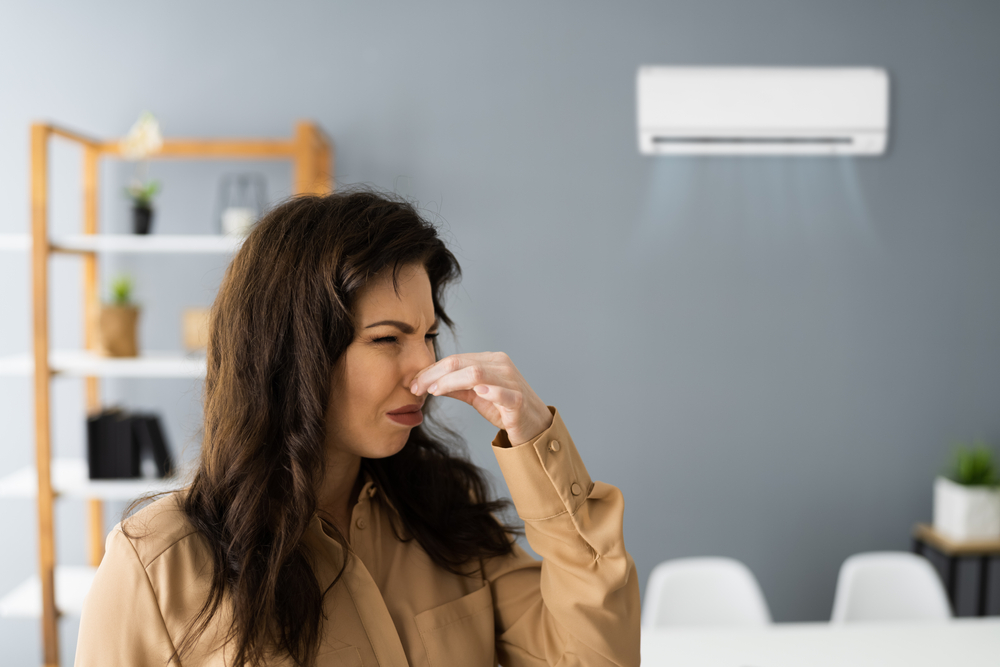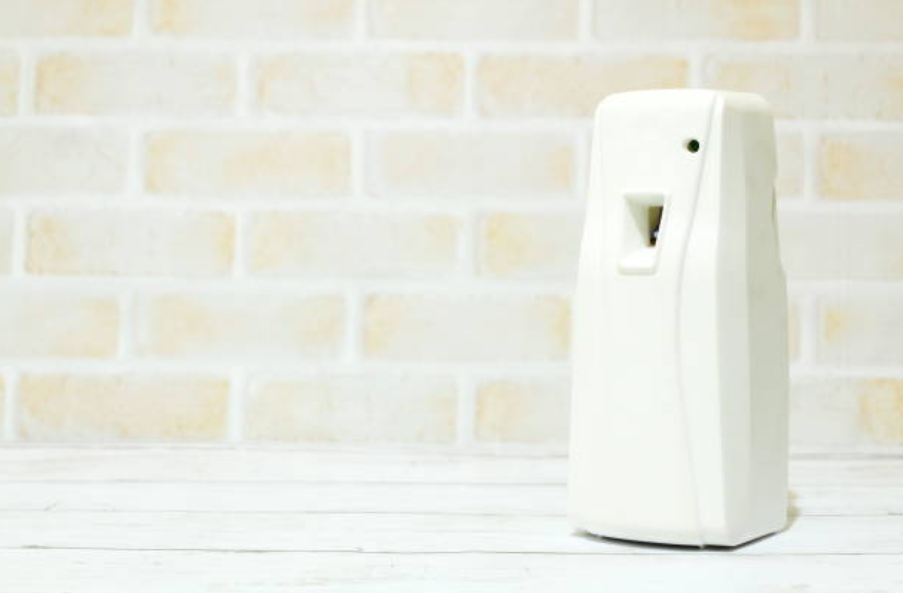Blog
14 Furnace Smells & Noises: Which Ones Should Concern You?

During the chilly Indiana winter, your home provides a comforting sanctuary. However, as time passes and your furnace ages and wears down, it's not uncommon to encounter peculiar sounds and unfamiliar odors emanating from your unit. What should you make of these occurrences? Is there cause for concern?
When facing these uncertainties, you need to learn about the various problems your furnace can experience and what the sound and smell can be caused by. Our team of technicians at Home Comfort Experts is here to help you navigate these troubles. We can inspect your heating system, locate the cause of the problem, and enact fast and long-lasting solutions.
We're committed to ensuring your home's comfort and safety, and our comprehensive knowledge of furnaces allows us to guide you through these common occurrences, providing clarity and peace of mind. Trust us, and we’ll make sure to keep your furnace ready for the winter season.
5 Furnace Smells
When there is a strange smell emitting from your furnace, you need to get immediate assistance. These odors could be toxic and, therefore, extremely dangerous. No matter how small or inconsistent the scent is, have a professional examine your heating unit.
1. Dust Smell
At the beginning of the season, a dusty, slightly burnt smell is normal. Dust settles over the summer, and when the furnace is turned on, it burns it off, producing a slightly burnt smell. This smell only lasts for a day or two.
2. Musty Smell
A musty smell from your furnace can be caused by mold or mildew growth. Change both your air filter and empty and clean the drip pan that catches excess condensation. Cleaning it with bleach or white vinegar can help prevent future mold growth.
3. Burning Smell
If your furnace smells like burning hair, it could be a motor overheating or a cracked heat exchanger. Before you call us, though, check your registers for spills. Sometimes, this can emit the same smell. If you don’t see any spills in your ductwork, give us a call, and quick! A cracked heat exchanger could allow carbon monoxide to leak into your home.
4. Sulfur or Metal Smell
A sulfur or metallic odor might suggest a problem with your gas supply or the presence of a foreign object inside the furnace. Turn off the furnace and gas supply, and contact a professional technician to inspect and address the issue promptly. Ignoring such odors could pose safety hazards.
5. Rotten Egg Smell
A foul, rotten egg smell could indicate a natural gas leak. If you detect this odor, immediately evacuate your home, leave the door open, and call your gas company and emergency services. Do not attempt to turn off any appliances or switches, as even a small spark could lead to a dangerous situation.
9 Furnace Noises
When your furnace is adapting to the outside temperature, it needs to work hard so you can stay consistently warm. These large devices can be loud, with some of the sounds being normal and others being unnatural. It’s beneficial to learn what noises your system makes so you know if you need furnace repairs or not.
1. Boom Sound
Booms are fairly common with furnaces. It’s usually your ductwork expanding and contracting with temperature changes. However, a boom combined with a burning smell could signal a dirty burner or a defective gas valve.
2. Chirp Sound
At times, your furnace might produce chirping sounds. Don't worry; these noises are usually just the normal sounds it makes when it's operating.
3. Crackle Noise
After your furnace shuts off, you may hear crackling noises. These sounds are typical and occur as the furnace's metal parts cool down.
4. Humming Noise
When your furnace's burner ignites, you'll often hear a gentle humming sound. This indicates it's functioning correctly and preparing to heat your home. If the humming seems unusual, consider having a professional inspect it for any potential issues.
5. Rattle Sound
Rattling sounds are often noticed when the furnace is cooling down after a heating cycle. They occur as various furnace components contract back to their normal temperature. These noises are a natural part of the furnace's operation and typically require no immediate attention.
6. Ping Sound
The ping sound commonly happens when the ducts expand and contract during the warming up or cooling down of your heating system. Sometimes, these pings can be accompanied by booming sounds. While these noises may be somewhat startling, they are generally harmless and result from the normal changes in the ductwork.
Now, let's look at some that may be cause for concern.
7. Buzzing Noise
A buzzing sound usually indicates that there’s a loose component in the furnace. It’s not necessarily as urgent as a potential carbon monoxide leak, but it can be extremely annoying. Generally speaking, you should take care of these noises right away. Otherwise, your furnace will have to work a lot harder to compensate for its own damage—and that’ll have an impact on your energy costs.
8. Squealing Noises
Squealing noises may not require emergency furnace replacement, but they still shouldn’t be ignored. These sounds can indicate a loose or damaged blower belt, a malfunctioning blower motor, or even a need for additional component lubrication. These tend to be easier and more affordable fixes, so you probably won’t have to worry about buying a new furnace.
9. Loud Pop
Popping sounds can mean something’s wrong with your flame sensor or that the wiring is loose. It could also mean there’s a gas valve leak, that your furnace burners are dirty, or that your air ducts are damaged. It could be a relatively easy fix in some cases, but it may also require replacing your furnace.
No matter how big or small your concern is, have your furnace inspected by a professional technician. We at Home Comfort Experts are dedicated to helping Indiana and Michigan residents with all of their heating system needs. Contact us today and schedule your appointment.






